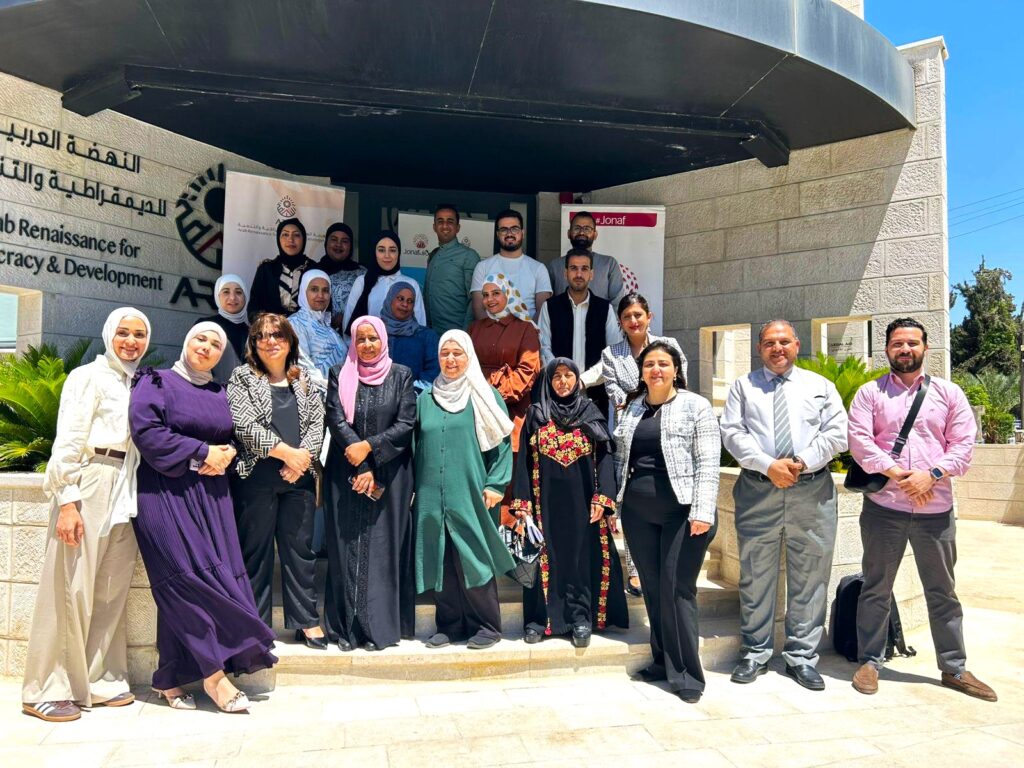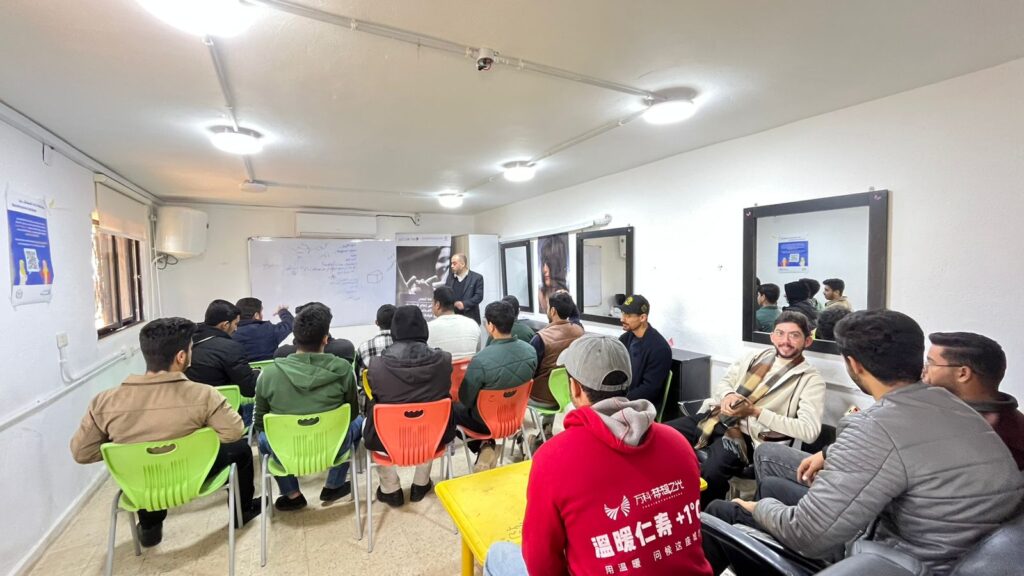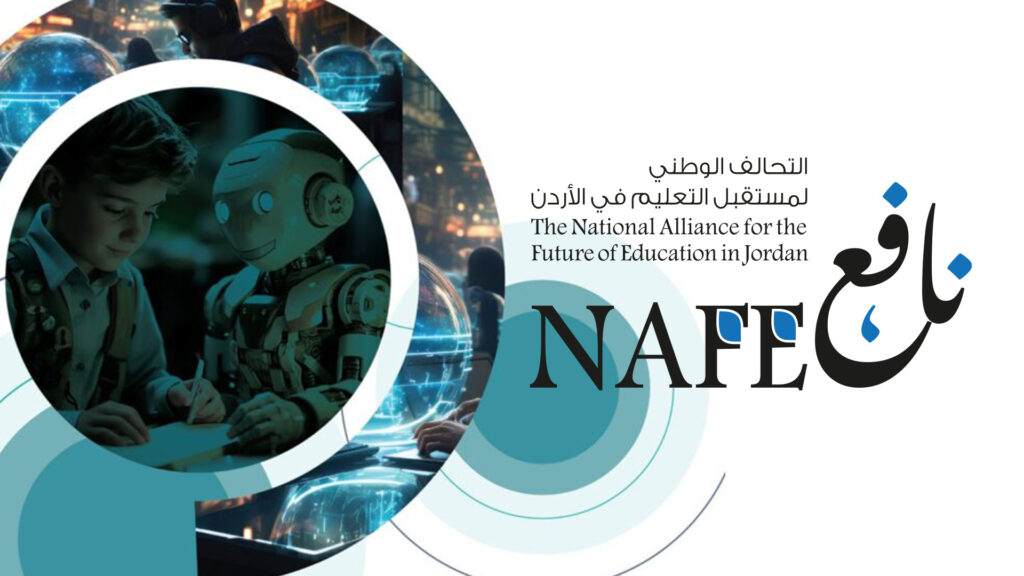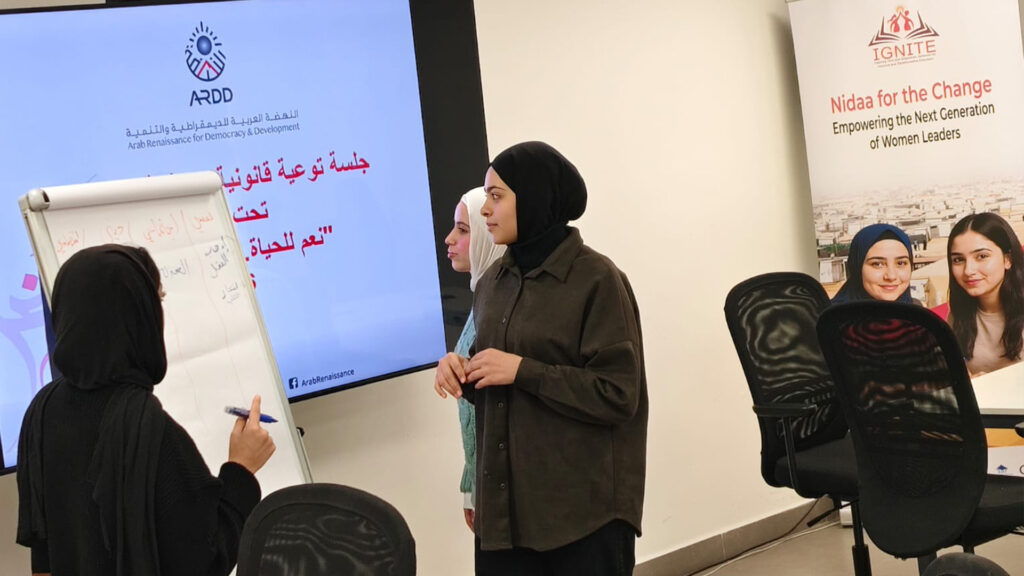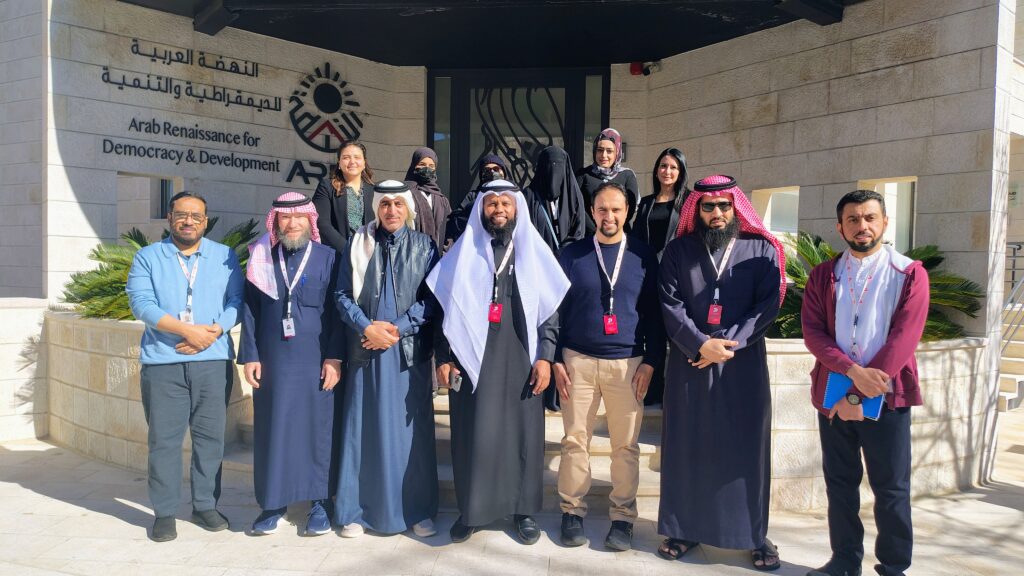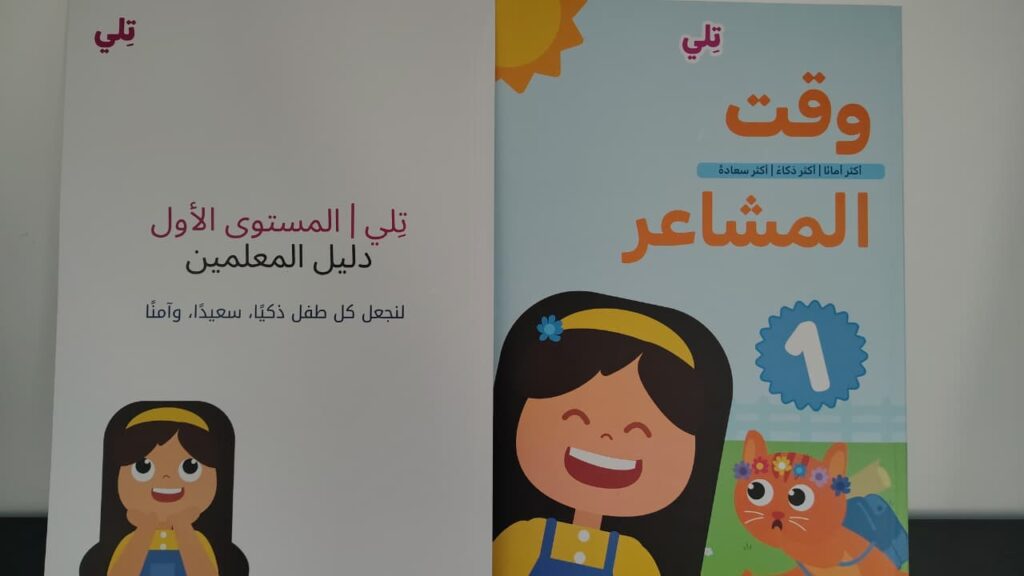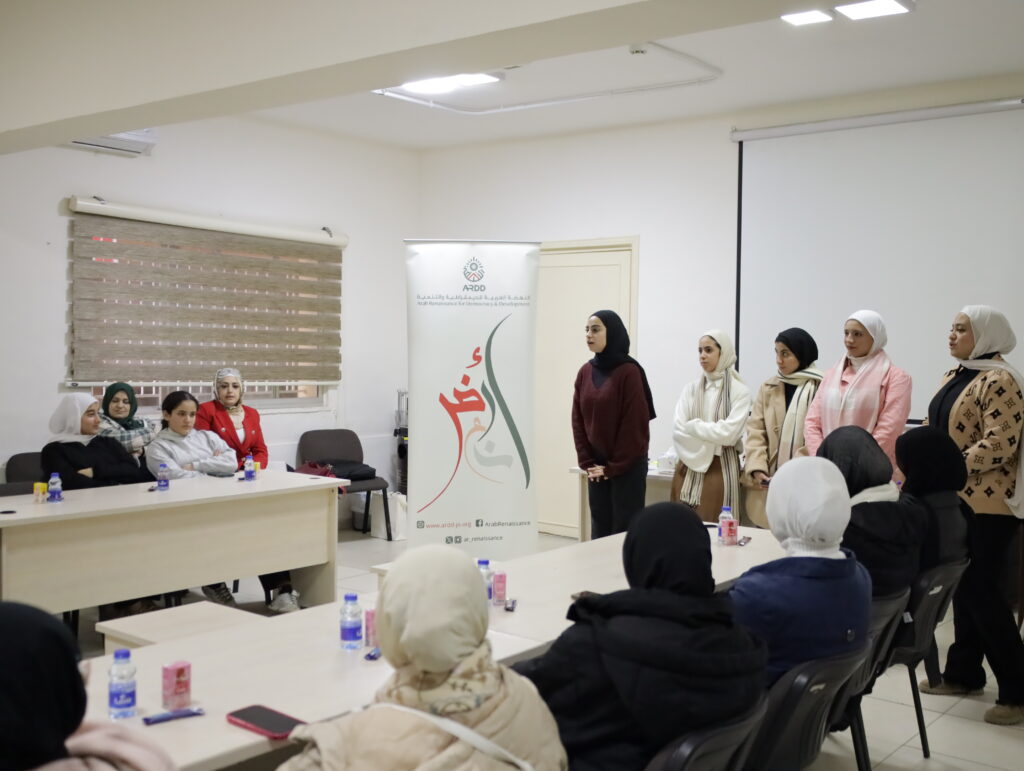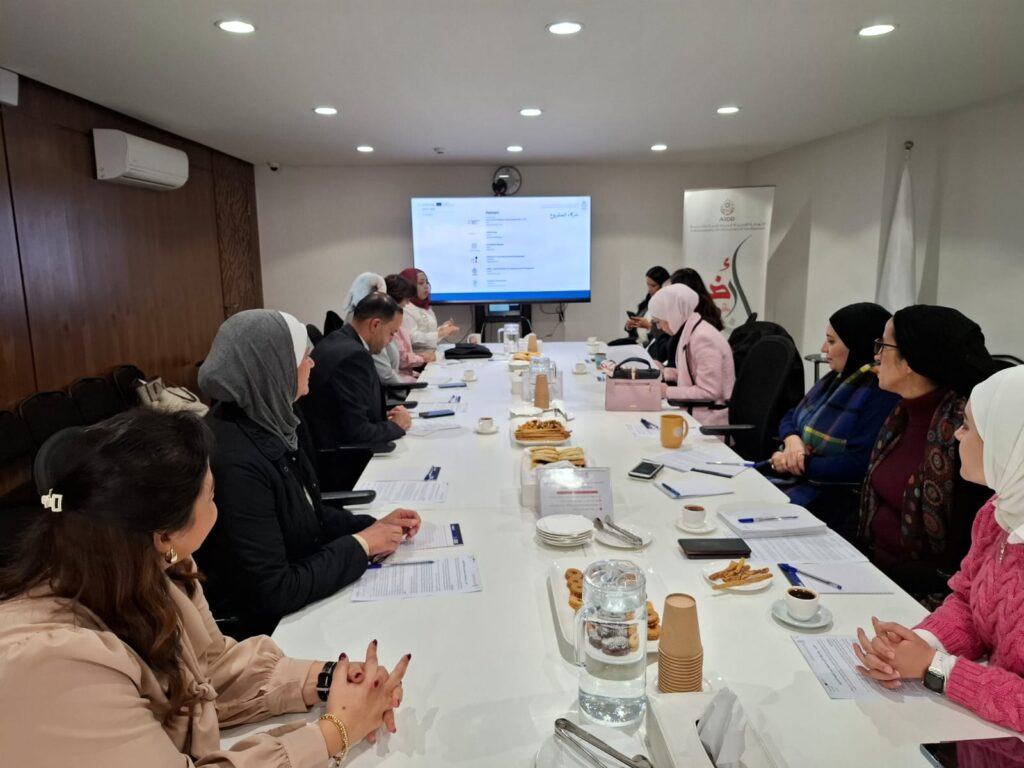In a clear demonstration of its commitment to promoting the localization and strengthening the capacity of local partners, the Jordan National NGOs Forum (JONAF) has launched a comprehensive program aimed at enhancing the capabilities of its member organizations across various areas of community response. This initiative is part of JONAF’s ongoing efforts to position itself as an inclusive platform that reflects the priorities of local communities and contributes to more effective, sustainable, and locally-driven development outcomes.
The program’s inaugural activity was a specialized workshop on monitoring and evaluation (M&E), organized by the Arab Renaissance for Democracy and Development (ARDD) on May 27–28, 2025. The workshop brought together representatives from local member organizations across multiple governorates. It is part of ARDD’s project, “Future Forward: Unlocking Sustainable Local Opportunities”, which aims to empower local communities by enabling organizations to lead responses based on accurate field insights and by strengthening their institutional tools to operate with effectiveness and independence.
The project also emphasizes the importance of building partnerships among key stakeholders, with particular attention to livelihoods and economic empowerment for vulnerable groups. Additionally, it supports JONAF’s role as a unifying umbrella platform through the review and enhancement of its governance framework—ensuring it reflects member aspirations and reinforces JONAF’s standing as a leading local actor in shaping the civil society agenda in Jordan.
The workshop, designed based on a needs assessment conducted by the alliance, aimed to build the capacity of member organizations to monitor and evaluate their projects effectively and to develop action plans and proposals that are rooted in community needs. This strengthens their ability to conduct self-assessments, promote community accountability, and take on meaningful roles as genuine development partners—not just implementers. Select representatives from participating organizations will also contribute to updating JONAF’s logical framework, supporting the development of a more robust governance structure and institutional foundation for the alliance as a coordinating body that champions local priorities and leads relevant policy dialogues.
This program responds to the growing need to empower local organizations—not only technically, but within a broader reform vision that centers localization in humanitarian and development efforts in Jordan. Principles such as equitable partnerships, accountability, and sustainable funding are seen as essential pillars of any model that truly supports localization, moving beyond centralized implementation or operational dependency.
Participating organizations in the workshop included: NAYA Community Network, Athar for Youth Development, Society for Protection Family Violence Victims, Abu Alanda Social Development Association, Al-Hassa Charity Association, Women Tafeileh Association, Qudrat Association for Community Development, and Shamaa Charity Association. Which reflecting the diverse geographic and thematic representation within JONAF’s membership.
Established in 2016 as an initiative led by ARDD in partnership with local and community-based organizations, JONAF works to foster coordination, resource sharing, and policy influence grounded in community needs. The alliance currently comprises a 10-member governing board and a general assembly of 41 local member and supporting organizations. These organizations span Jordan’s northern, central, and southern regions and include those focused on serving people with disabilities—further reinforcing JONAF’s inclusivity and responsiveness to underrepresented groups. Today, JONAF stands as a leading example of a local coordination platform striving for the sustainability of community work through the integration of roles between local and international actors.

